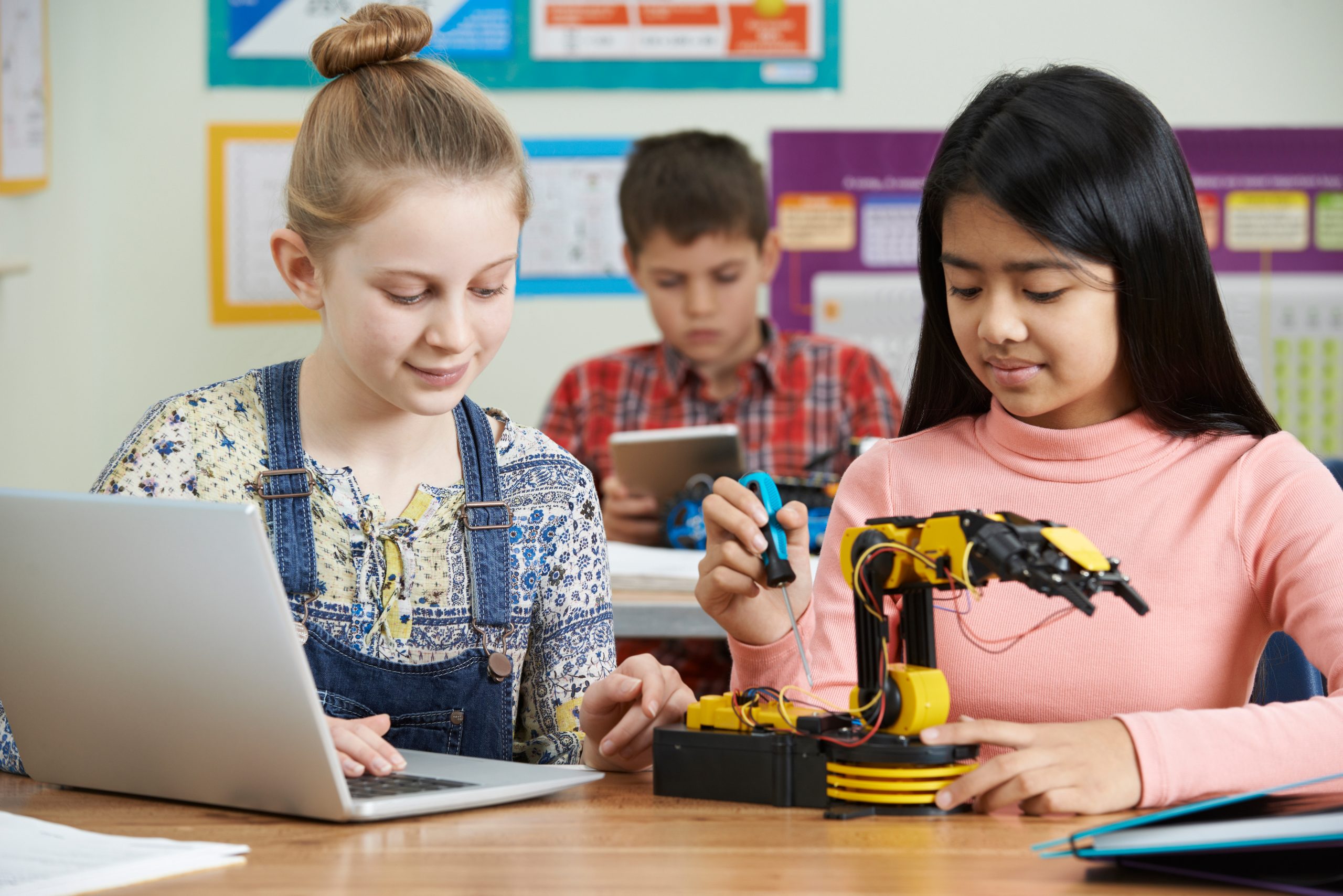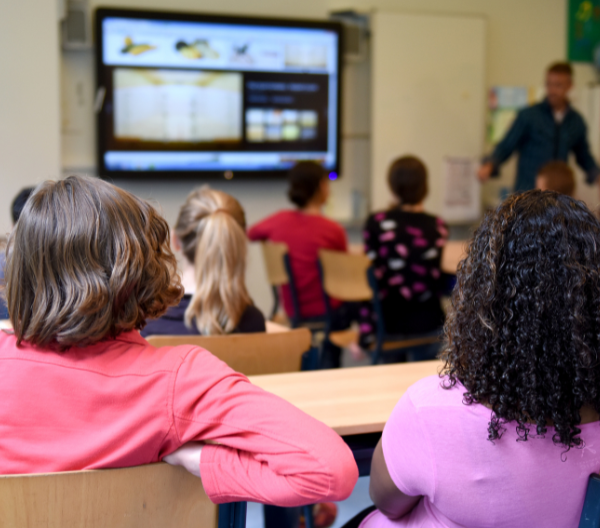A number of trends – such as rapidly evolving workforce demands and a skills misalignment – are impacting the American workforce and pushing our society to reevaluate how we develop our talent pipelines. The future of work is happening now, and we must develop a deeper understanding of the options we have to better prepare our students and young adults for the needs of the modern workplace. At America Succeeds, we believe that fostering the cultivation of Durable Skills among students is a crucial aspect of preparing them to meet the demands of employers. Durable Skills are transferable across jobs and industries; equipping learners with these skills as early as possible will help to create a stronger talent pipeline and improve countless lives as it sets people on the path to upward economic mobility.
Recently, we have been conducting interviews with young professionals recommended to us by business leaders in our network for having exceptional Durable Skills in the workplace. The goal of our interviews is to gather anecdotal evidence regarding the way that people develop their Durable Skills and the way that people think about Durable Skills throughout their lives and career experiences. These interviews illuminate some of our own findings about Durable Skills development in American education systems that can be used to inform the ways in which we seek to transform educational experiences and opportunities for students to better prepare them for the future of work.
Here’s a summary of the trends we’ve observed from the interviews thus far:
- Though interviewees acknowledge that they practice Durable Skills, specifically, critical thinking, communication, and metacognition, in school settings through coursework and daily interactions with peers and teachers, they did not report that their schools were intentionally focusing on those skills or emphasizing the value of those skills throughout the curriculum.
- Travel and work experiences are reported to be the most impactful drivers of Durable Skills development. Being exposed to new experiences, people, and perspectives are central aspects of building Durable Skills. Across the board, interviewees reported developing Durable Skills outside of the classroom more than they did inside the classroom. Interestingly, most cited their parents as the initiators of their Durable Skills development.
- People with advanced Durable Skills don’t tend to consciously think about using the skills prior to an interaction or project; however, they do emphasize that they reflect on experiences and the ways in which they could have used their skills differently to improve the outcome of a given situation.
- Interviewees reported that they often practice and develop Durable Skills in the workplace by observing the behaviors and workplace habits of their colleagues and managers. They use these observations as a model for self-reflection and improvement of their own behaviors and workplace habits. Most interviewees also reported that their current companies offer opportunities to take courses and programs that can help them further develop these skills. While these opportunities are optional, most interviewees expressed enthusiasm about participating in them.
From these trends, we have reached three important conclusions that shed light on opportunities for action. First, our education system needs to be more intentional about emphasizing the importance of Durable Skills and give students more opportunities to cultivate and practice them in the classroom. Parents play a crucial role in both communicating the importance of these skills to their children and encouraging early work experiences for independent skill development. However, it’s vital to acknowledge that a child’s life circumstances extend beyond formal education and are less controllable than the influences they encounter within the classroom setting. Therefore, we must make sure that Durable Skill development is an integral aspect of the education that every student receives.
Second, we must provide children with the opportunity to reflect regularly on their Durable Skills development. These interviews revealed that individuals with advanced Durable Skills don’t need to consciously deliberate on how they apply these skills before engaging in a situation. They do, however, contemplate how to use them more effectively in the future through self-reflection after that situation. If we provide students with knowledge about their Durable Skills proficiencies, they will be better equipped to reflect on interactions and experiences they have and understand what skills they used to make that experience a positive one. Likewise, providing students with information about the Durable Skills they still need to improve will help them to recognize the skills they need to continue practicing. Regardless of a person’s level of Durable Skill development, equipping them with knowledge of their own strengths and weaknesses gives them the opportunity to be more intentional about the way they show up in the world.
Finally, exposing students and young adults to real workplace experiences among professionals provides massive value to their Durable Skills development. People are constantly modeling their behavior, good or bad, on the people around them. Exposing students to professional settings and to people who use Durable Skills consistently throughout their day is possibly the easiest way to teach them about the value of these skills and how Durable Skills look when exhibited properly. To create stronger talent pipelines, our education system must provide as many opportunities as possible for our students to be involved in their communities and in the professional world. And, once people enter the workforce, we shouldn’t feel like our job is finished – we’re lifelong learners. Our workforce, and economy as a whole, can only benefit from the continuous development of Durable Skills among its participants.




